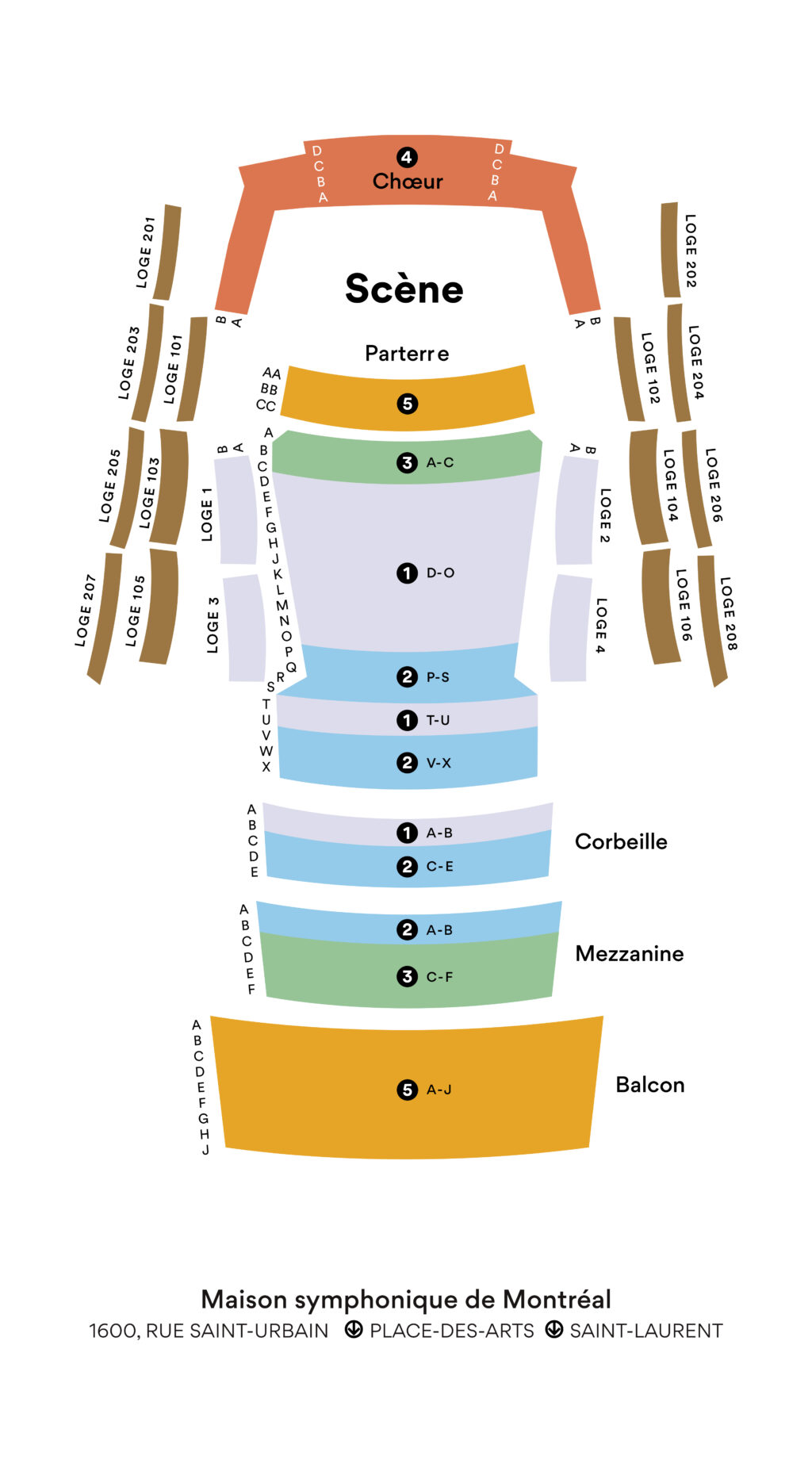Psalm 130 “Out of the Depths”
Lili Boulanger
1893 – 1918
Afflicted by intestinal tuberculosis (something which would correspond to Crohn’s disease today), Boulanger died tragically in 1918, at the age of only 24. The illness blighted her entire life: she was frequently incapacitated and had to sustain various treatments. Because of the fragility of her health, she could not attend the Conservatory full time and took private lessons in composition. It must be said that she received most of her education from her mother and older sister Nadia, who rose to international fame as a European figure of music education. Their combined instruction undoubtedly proved second to none: in 1913, Lili Boulanger became the first woman to be awarded the Prix de Rome, France’s most prestigious composition award.
Lili Boulanger’s illness also stimulated her fervent Catholic spirituality. Her Psalm “Du fond de l’abîme” (“Out of the depths”), completed in 1917 during a health crisis, reflects her aspirational hope, both for improved health and for the end of the First World War. She set the text of Psalm 130, also known by its first two Latin words De profundis, providing a version in French for her composition. In the Roman Catholic tradition, this Psalm is associated with prayers for the dead. Boulanger dedicated the work to her father, who had died 17 years earlier, but on hearing it we cannot avoid thinking about Lili’s own death, which occurred the following year.
